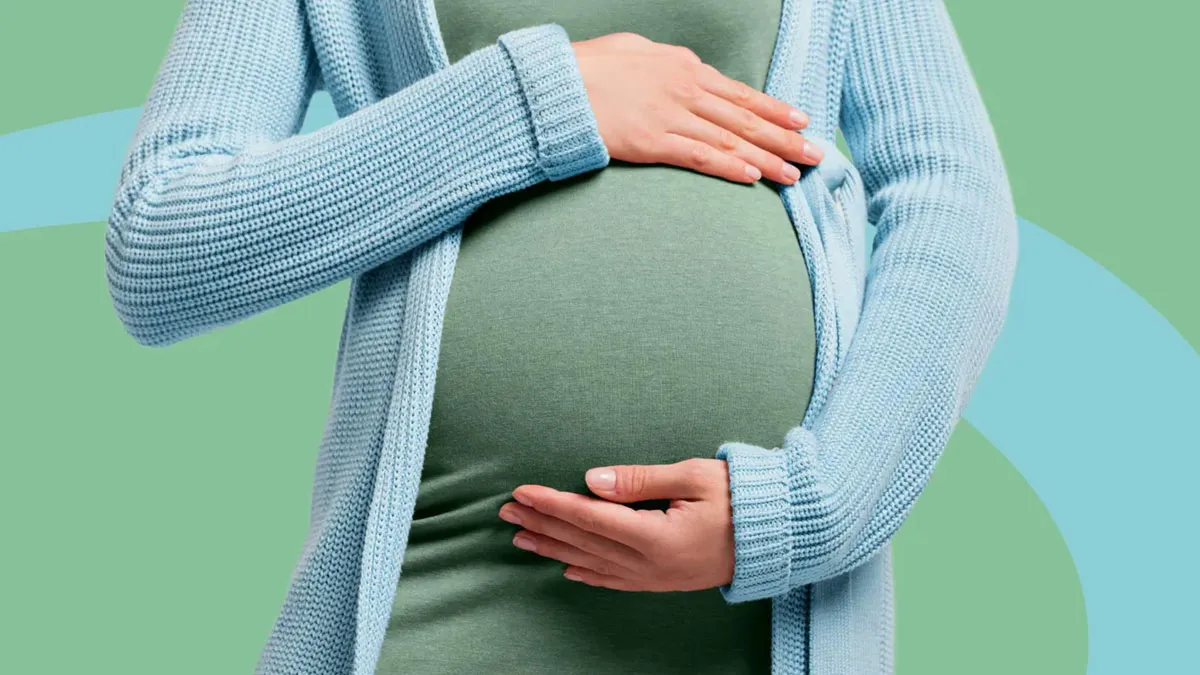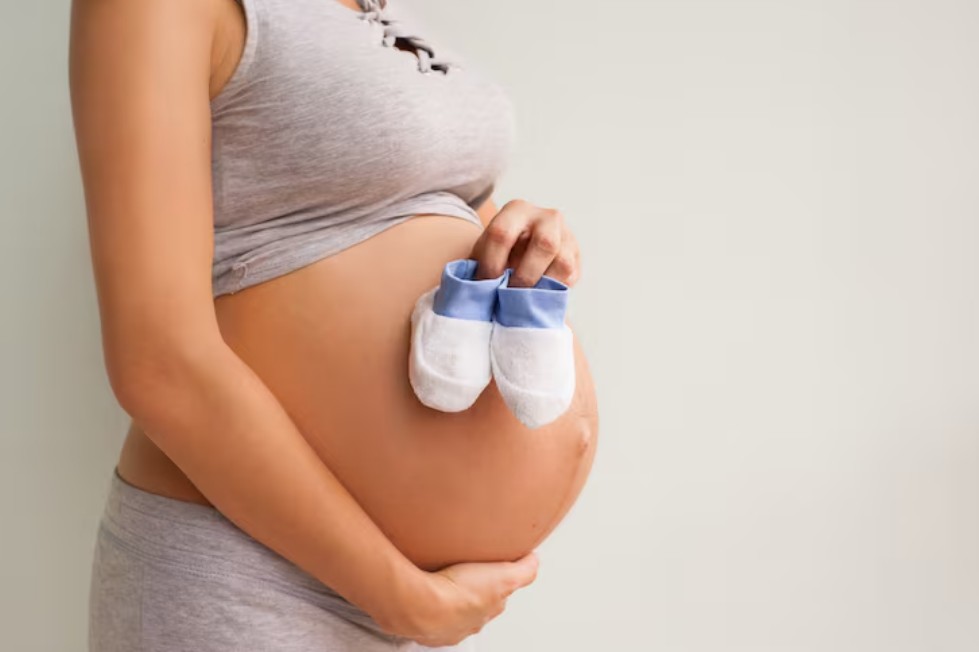
Hepatitis C (HCV) is a viral infection that can sometimes pass from a mother to her baby during pregnancy or childbirth. While the risk of transmission is relatively low—around 5%—it is crucial for expecting mothers to understand the potential complications and how to manage them effectively. According to Dr Dhatchayani S, Consultant in Obstetrics and Gynaecology at Manipal Hospital Sarjapur, early screening, careful monitoring, and timely medical guidance can safeguard both mother and child.

Babies born to mothers with hepatitis C may grow more slowly in the womb, affecting overall development.
There is a slightly higher chance that newborns may have a lower birth weight, which can impact their initial health and recovery.
Pregnancy with hepatitis C carries a marginally increased risk of preterm birth, making early monitoring essential.

All pregnant women should have a blood test for hepatitis C antibodies during their first prenatal visit. If positive, further tests like PCR for HCV RNA and liver function checks are recommended. Screening for other infections such as HIV, hepatitis B, and syphilis is also advised.
The safest time to treat hepatitis C is before pregnancy. Direct-acting antivirals are generally not recommended during pregnancy, so any ongoing treatment should be carefully discussed with a doctor.
Don't Miss: Cough Syrup Controversy: How to Avoid Toxic Cough Syrups and Choose Safe Medicines for Kids, Expert Tips
To reduce the risk of passing the virus to the baby, invasive procedures are limited, and internal fetal monitoring or unnecessary episiotomies are avoided.
Newborns require follow-up testing, PCR at three months or antibody tests after 18 months. Breastfeeding is safe unless nipples are cracked or bleeding. Most babies remain symptom-free, but some may need long-term monitoring if infection occurs.

Hepatitis C doesn’t have to overshadow the joy of pregnancy. With proper awareness, timely testing, and guidance from specialists like Dr Dhatchayani S, mothers-to-be can protect themselves and their babies while navigating this important phase safely.
Don't Miss: The Silent Strain: How hepatitis B & C linger without symptoms
Keep reading Herzindagi for more such stories.
Image Courtesy: Freepik
Also watch this video
Herzindagi video
Our aim is to provide accurate, safe and expert verified information through our articles and social media handles. The remedies, advice and tips mentioned here are for general information only. Please consult your expert before trying any kind of health, beauty, life hacks or astrology related tips. For any feedback or complaint, contact us at compliant_gro@jagrannewmedia.com.